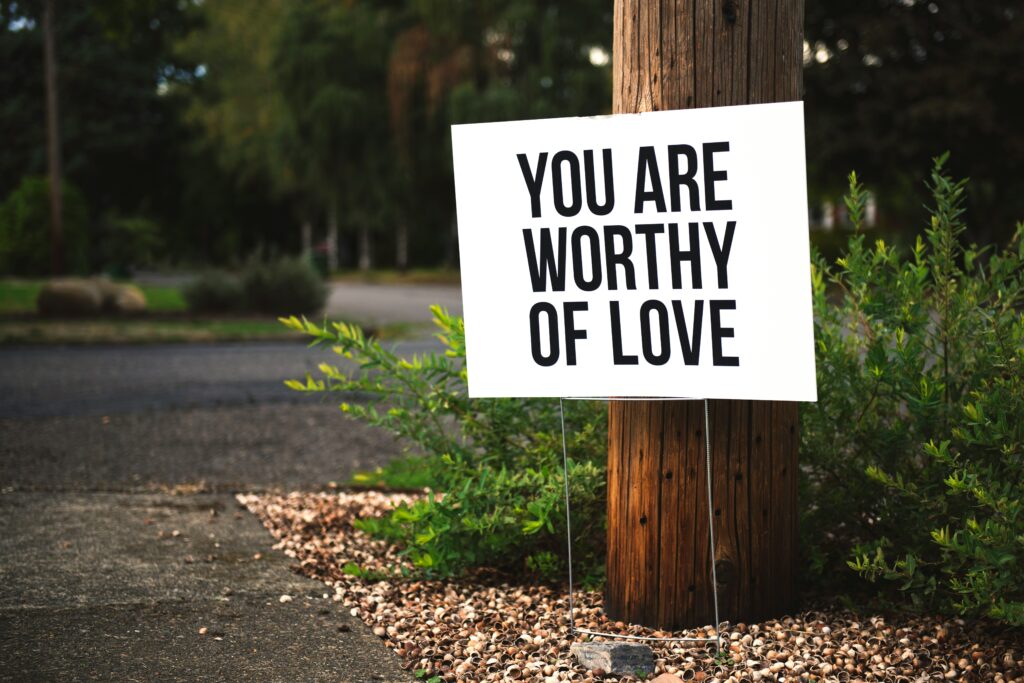I often wonder whether there is such thing called self-love, the term has been widely abused by people who can no longer endure the mess they have done, and consequently, they feel the need to evolve and progress towards a state where they will no longer sacrifice themselves for the sake of others. Under social influences and personal expectations (which are also based on social influences), Things come so naturally to the point where we do not question what self-love entails, we seem to always arrive at a conclusion for improving ourselves based on the premises of self-love, and that very concept of self-love is spoon-fed into our subconscious by other people, to put in a simple way, the need to “love” ourselves is never coming from the genuine acknowledgement of who we really are, it is nothing but another desperate means from which we find comforts and to escape from what we have done that have ultimately shaped us into who we are today.
When the “self” who is a mess in the first place wants to practise “self-love”, inevitably the implementation of “self-love” is viewed from the angle of that messy self, thus the outcome of that so-called “self-love” is by nature the same as what the former self has done, though it can come with a slightly better modification. Nonetheless, IT IS STILL THE SAME in terms of the inner struggles and conflicts. What I mean is that as long as we do this under outside influences, we are only finding a better “cage” to live in, however nicely built the cage is, it is still a cage. It is evident to observe that many people’s versions of self-love is nothing but a sense of self-aggrandisement that protects them from getting hurt, and to outsiders, their so-called “self-love” is only their own way of being self-centred.
Self-love begins only when there is not a messy “self” that interprets what it means.
